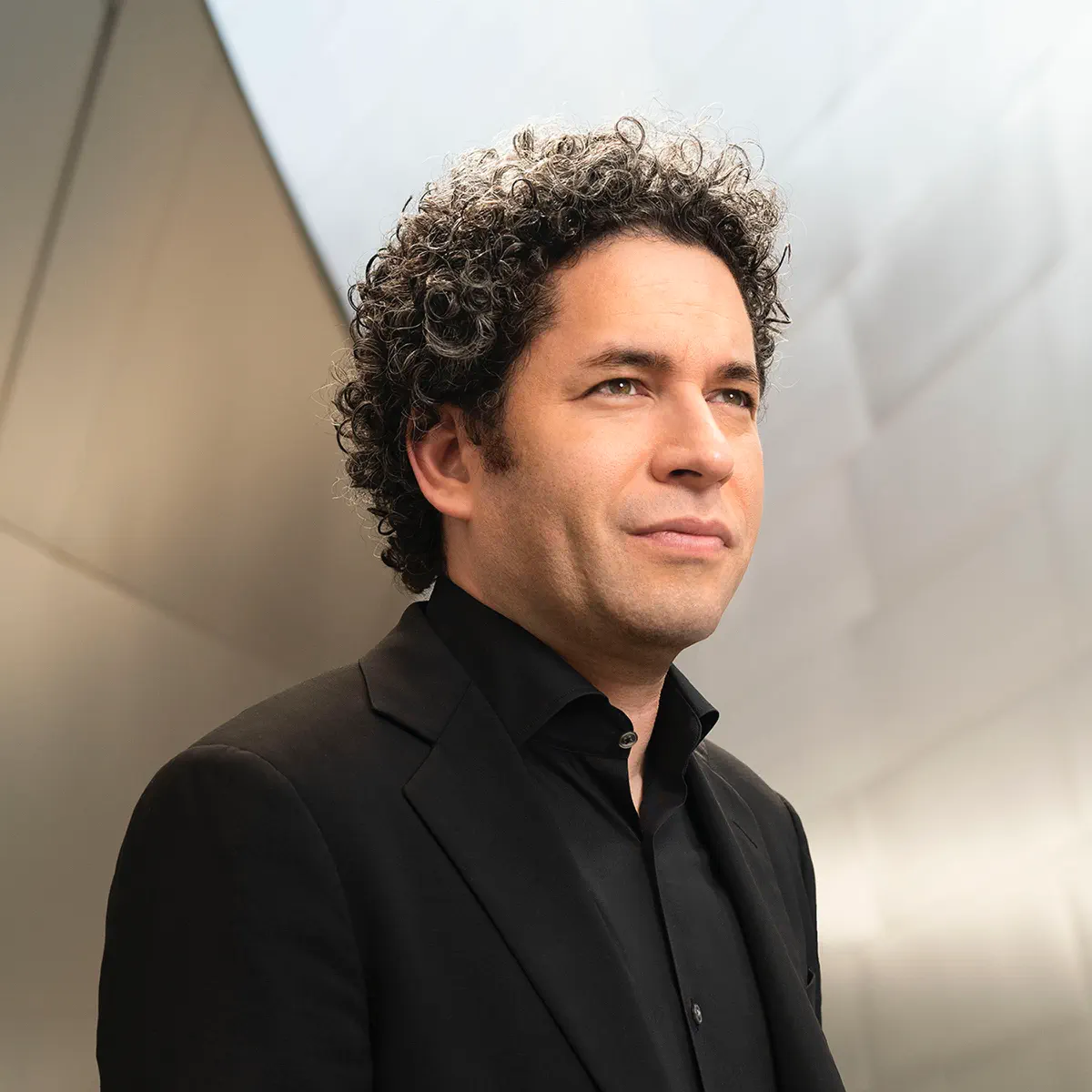

Gustavo Dudamel
Gustavo Dudamel is a Venezuelan conductor and violinist. He released Beethoven: Symphony No. 5 with the Simón Bolívar Youth Orchestra of Venezuela and Mussorgsky: Pictures at an Exhibition with the Wiener Philharmoniker. He also released Rachmaninoff: The Piano Concertos & Paganini Rhapsody with the Los Angeles Philharmonic featuring Yuja Wang. Dudamel has worked with the Los Angeles Philharmonic on popular works such as The Nutcracker, Op. 71, TH 14, Act I: No. 2, March. He was appointed music director of the New York Philharmonic in 2023 and the Paris Opera in 2021. Dudamel has appeared in the documentary El Sistema - Music to Change Life and starred in the film Gustavo Dudamel And Wiener Philharmoniker - Neujahrskonzert New Years Concert 2017.
Discover More
Gustavo Dudamel on Apple Music
Gustavo Dudamel on Apple TV
About
- FROM
- Barquisimeto, Venezuela
- BORN
- January 26, 1981
- GENRE
- Classical